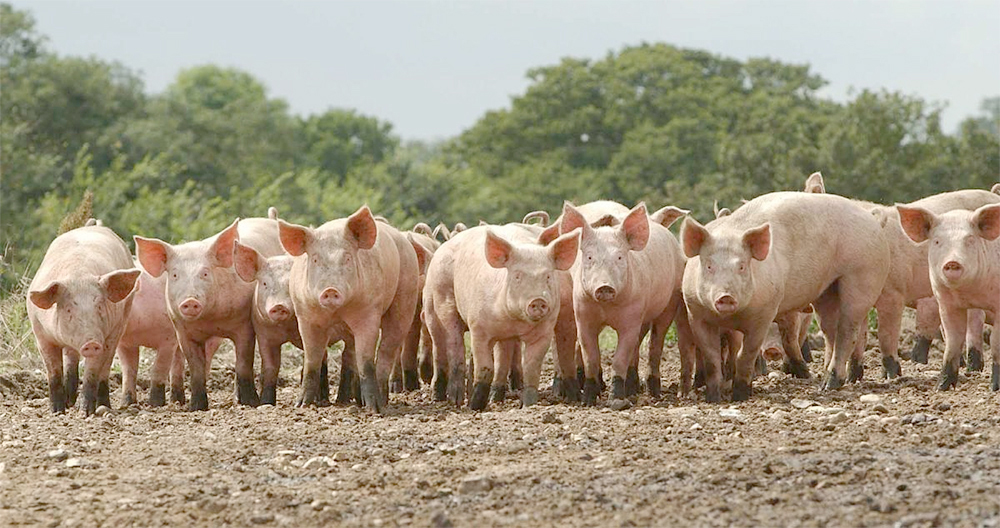
Data from the Collection and Communication of Inspection Results is 'not accurate, consistent or reliable enough for producers to base any herd health management decisions on,' the National Pig Association has said in its response to a Food Standards Agency consultation.
Stressing the importance of inspectors being properly trained, it says particular effort should be made to ensure variation between inspectors and abattoirs is minimised.
"Currently, producers receive CCIR data from both the Food Standards Agency and the abattoir and discrepancies between the data received from each suggest the data cannot be trusted," says Dr Georgina Crayford.
"It would make sense for producers to receive data from only one source and for them to receive all data related to their pigs."
Dr Crayford says condition cards explaining the different conditions, with accompanying photos, should be developed with the help of pig vets,for use during training of inspectors.
She adds, "It is our understanding that inspectors primarily focus on conditions that result in rejections. Training should therefore expand their knowledge of how each of the conditions relates to animal health and welfare and why this data is important to primary producers."
NPA believes in order to encourage use of CCIR results by producers to help them deliver improvements in pig health, data needs to be easily accessible and easy to understand and interpret.
It says interpreting a farm's data in isolation is "almost not worth doing" as producers will gain more value from the data if they are able to benchmark their results against others in the industry.
NPA wants the Food Standards Agency to create a portal where pig producers can access their data or, even better, link in to the industry's existing Pig Hub which the majority of producers already use.
The Agency should also explore the possibility of tracking animals through the abattoir so that CCIR data could indicate whether carcasses were trimmed or condemned.
"Producers would find this data extremely valuable as it is directly linked to payments. Linking data to payments will ultimately incentivise producers to make improvements," says Dr Crayford.
